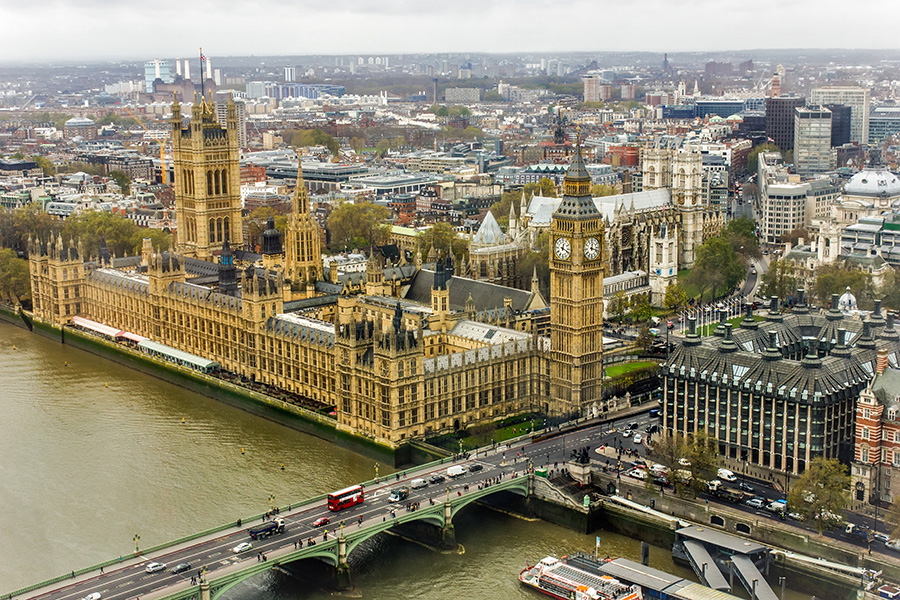APBGG investigation blasts “rogue” Gambling Commission

The All-Party Parliamentary Group on Betting and Gaming has delivered its Investigation into the Competence and Effectiveness of the Gambling Commission.
UK.- A cross-party group of MPs has severely criticised the Gambling Commission in a new report on the British regulator.
In its ‘Investigation into the Competence and Effectiveness of the Gambling Commission’, the All-Party Parliamentary Group on Betting and Gaming (APBGG) describes an “under-performing regulator” that went “rogue” and took an ideological stance against the betting industry.
It said that instead of dedicating its resources to the oversight of gaming operators as it should, the Gambling Commission began “acting ultra vires” in ideological “war” against the industry.
The APBGG’s evidence for this include quotes from recruits communicating a distaste for betting advertising and the regulator’s pursuit of intrusive affordability checks.
As such, the report says the regulator failed in its statutory duty to uphold the Regulators Code, which states that governing bodies must “carry out their activities in a way that supports those they regulate to comply and grow”.
The report’s summary of the Gambling Commission’s governance objectives states: “We believe that the Commission is acting ultra vires in its strategy of seeking to significantly reduce the number of problem gamblers.
“We are obviously not against the concept but believe that the Commission has neither the tools nor expertise to attempt such a thing, which has never been attempted elsewhere, via regulatory methods alone. We believe that the Commission is on an ideological mission that will undoubtedly lead to an explosion in the black market.”
The report also questions the Gambling Commission’s competence, highlighting reports “written in ambiguous terms with scant evidence”. It also says the regulator has not participated in industry engagement or AML forums and has delivered a constantly negative commentary on the industry.
The Bet Index “scandal”
The investigation, which began last September, details several cases where it believes the Gambling Commission acted beyond its powers. The most notable case study in the report is the collapse of Football Index operator Bet Index, which the report describes as the commission’s biggest “scandal”.
The report notes that the regulator has been accused of ignoring complaints regarding Bet Index’s business model, including a complaint from the Independent Betting Adjudication Service (IBAS), and of not noticing that it was offering an unregulated product.
The APBGG said the regulator’s investigation into Bet Index’s operations had been too long with no decisive action taken until a reactive move after the operator entered administration in March 2021.
Scott Benton MP, co-chair of the APBGG, said: “As Co-Chair of the All Party Betting and Gaming Group, I am truly shocked to reveal so much evidence of bad practice by the Gambling Commission over the years.
“We have been hearing stories for years, but to see it in black and white is pretty stark. To think that members of our gambling industry, one of the most reputable in the world, who pay the Commission’s wages, have had to suffer such poor service from their regulator is of the utmost concern. Especially as it acts like it is an anti-gambling group, whose sole purpose is to destroy the industry.”
APBGG recommendations
The APBGG investigation has made five key recommendations to legislators. It has called for the government’s Better Regulation Executive to audit the commission and for a Queen’s Counsel to be commissioned to lead an independent investigation of its enforcement process.
It also says that the DCMS should handle the gambling industry’s complaints process because operators are “too scared” to use the current process since it fails to consider failings on the regulator’s part. It also called for a distinction to be made between “high risk” and “low risk” in order to be able to provide a proportionate level of regulation.
It has also proposed that as an unelected body, the Gambling Commission should not have the responsibility of weighing up “the benefits of decreased problem gambling numbers versus economic dereliction and an increased illegal gambling”, this being a task for legislators.
The APBGG isn’t the only parliamentary committee to be highly critical of the Gambling Commission. On the other side of the gambling debate, the All-Party Parliamentary Group on Gambling-related Harm has long been critical of the Gambling Commission, with members having called for the regulator to be axed in the government’s review of gambling legislation.









